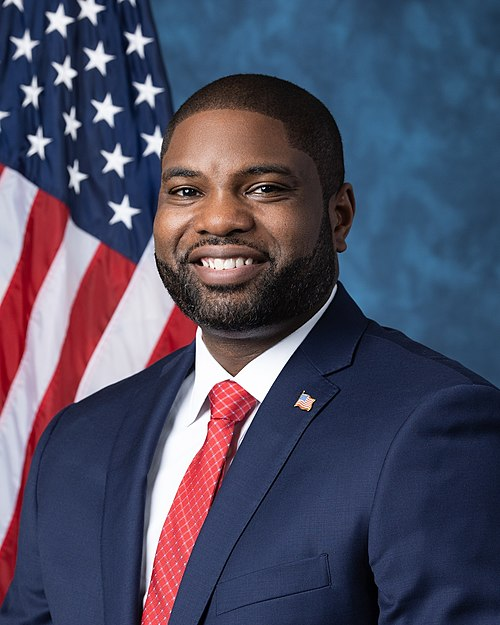H.R. 1841: Peace on the Korean Peninsula Act
The "Peace on the Korean Peninsula Act" aims to reevaluate existing restrictions on travel to North Korea and to actively pursue a formal end to the Korean War. The main objectives of the bill can be summarized in the following sections:
Key Findings
- The Korean War has not officially ended; the 1953 armistice only ceased hostilities but did not finalize peace.
- Recent commitments from leaders of South Korea and North Korea suggest a move towards peace.
- The continuation of the war affects U.S. relations with North Korea and restricts travel for Korean Americans wishing to visit relatives in North Korea.
- There are around 100,000 Americans with relatives in North Korea, whose ability to visit them is limited by current policies.
Humanitarian Travel Considerations
The bill expresses that the current travel restrictions for U.S. citizens wishing to visit North Korea should be reviewed by the Secretary of State. This review would consider:
- What types of travel could be deemed in the national interest.
- Humanitarian reasons that could justify travel to North Korea, such as family events.
- The process for issuing Special Validation Passports for funerals and other significant family occasions.
The Secretary of State is required to submit a report on this review within 180 days of the bill's enactment, detailing any policy considerations and potential changes.
Formal End to the Korean War
The bill encourages the Secretary of State to engage in serious diplomatic discussions with North and South Korea to seek a binding peace agreement that would formally end the state of war among these nations. A report outlining a roadmap for this peace agreement must also be provided within 180 days, identifying necessary steps, key stakeholders, and challenges to achieving a peace treaty.
Establishing Liaison Offices
The bill indicates that the Secretary of State should negotiate the establishment of liaison offices for the U.S. and North Korea in each other's capitals. This measure is seen as a step towards enhancing relations between the two countries.
Implications for U.S. Armed Forces
It is specified that nothing in this Act will alter the status of U.S. Armed Forces stationed in South Korea or elsewhere, ensuring that military commitments and deployments remain unaffected by this legislative effort.
Relevant Companies
- BA (Boeing) - As a leading defense contractor, any shift in U.S. policy towards North Korea could impact military contracts and defense strategy.
- LMT (Lockheed Martin) - Similar to Boeing, changes in defense policy could influence contracts in the defense sector.
- NOC (Northrop Grumman) - Could be affected by realignments in military engagement policies on the Korean Peninsula.
This is an AI-generated summary of the bill text. There may be mistakes.
Sponsors
45 bill sponsors
-
TrackBrad Sherman

Sponsor
-
TrackGabe Amo
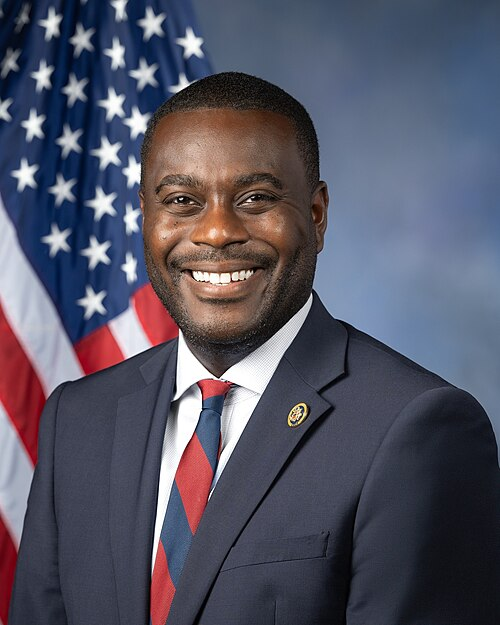
Co-Sponsor
-
TrackAndy Biggs

Co-Sponsor
-
TrackJulia Brownley
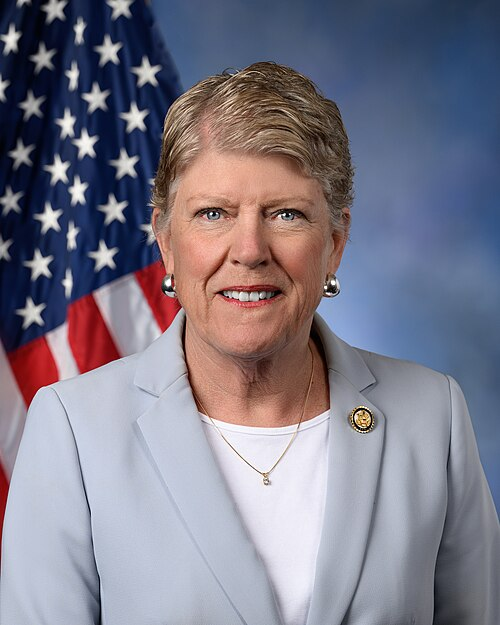
Co-Sponsor
-
TrackAndré Carson

Co-Sponsor
-
TrackGreg Casar
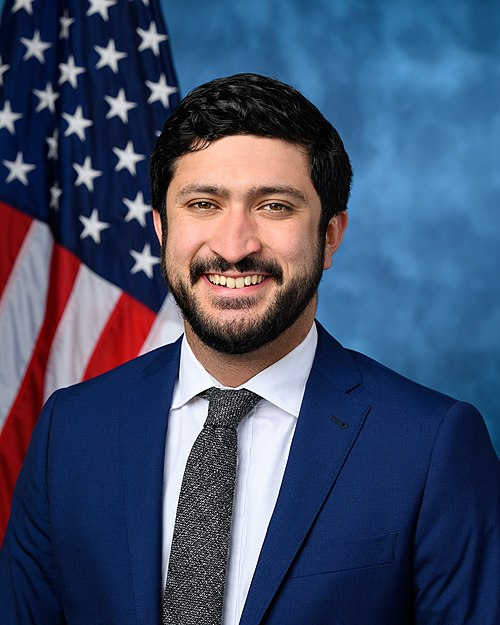
Co-Sponsor
-
TrackJudy Chu
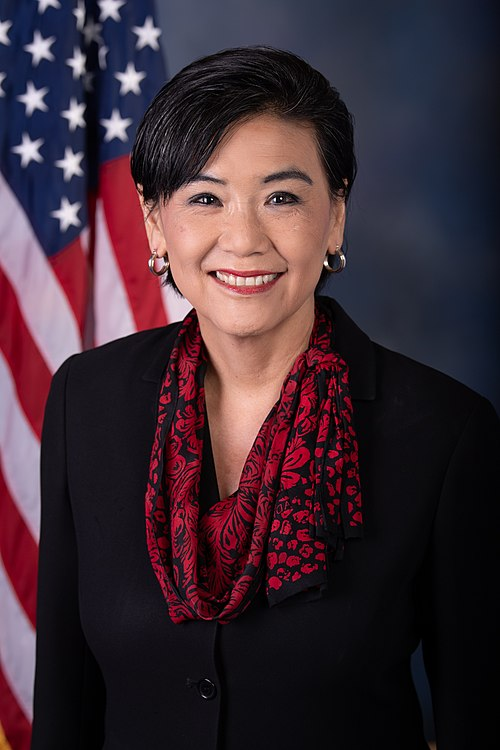
Co-Sponsor
-
TrackYvette D. Clarke

Co-Sponsor
-
TrackJ. Luis Correa
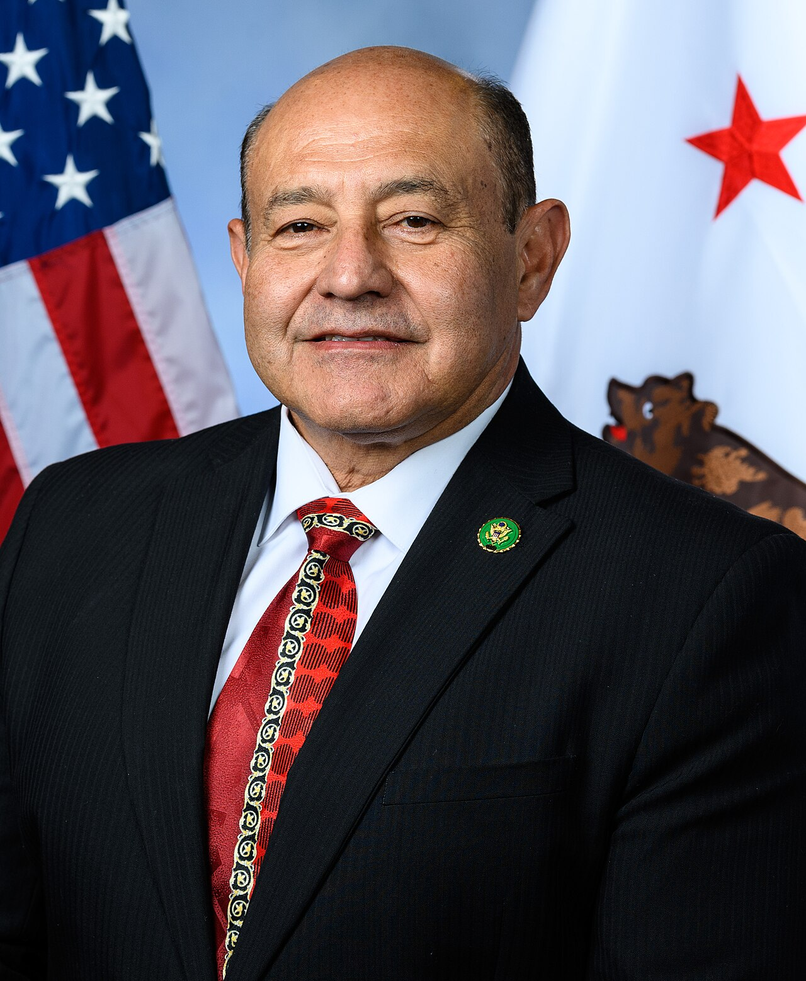
Co-Sponsor
-
TrackJim Costa
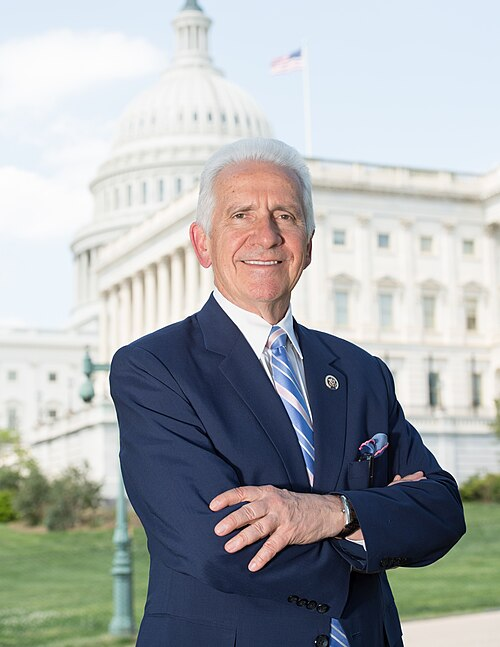
Co-Sponsor
-
TrackDanny K. Davis
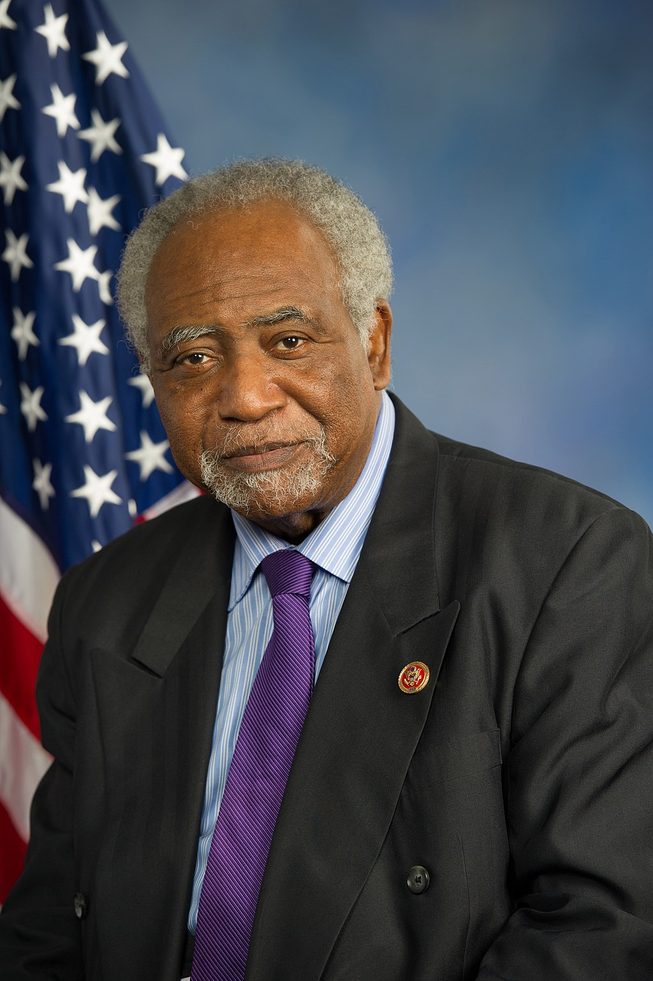
Co-Sponsor
-
TrackAdriano Espaillat
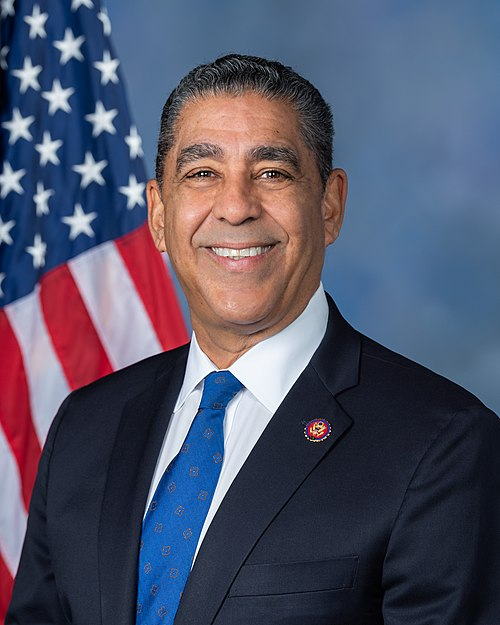
Co-Sponsor
-
TrackMaxwell Frost

Co-Sponsor
-
TrackJesús G. "Chuy" García
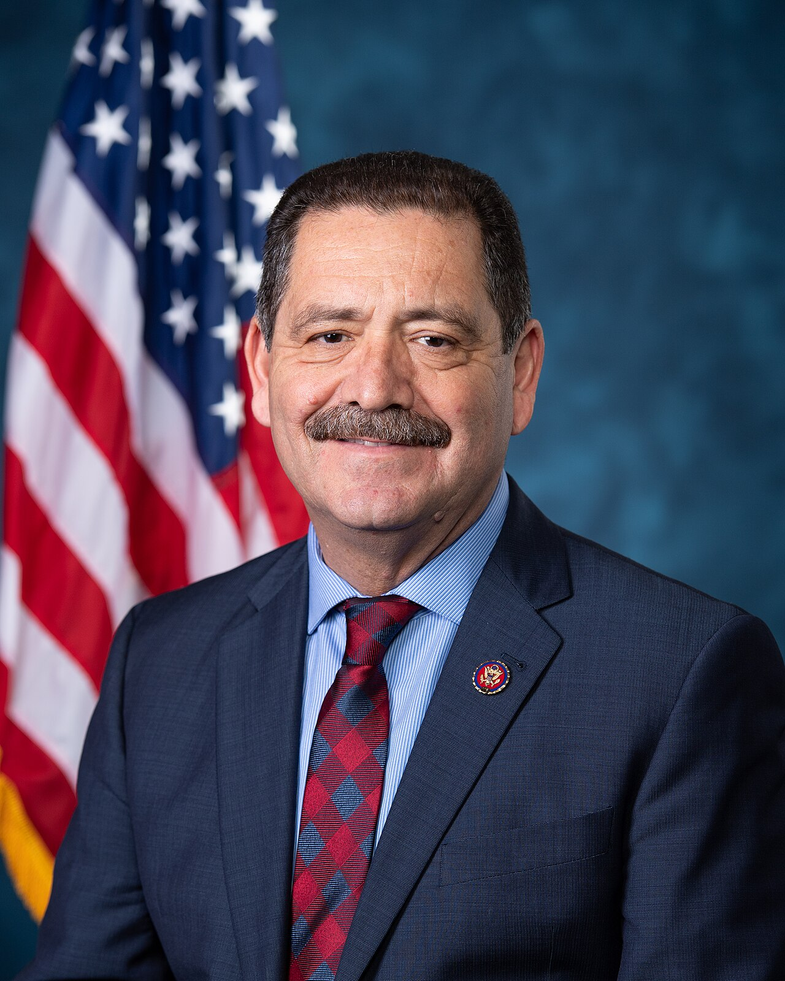
Co-Sponsor
-
TrackJosh Gottheimer

Co-Sponsor
-
TrackAl Green
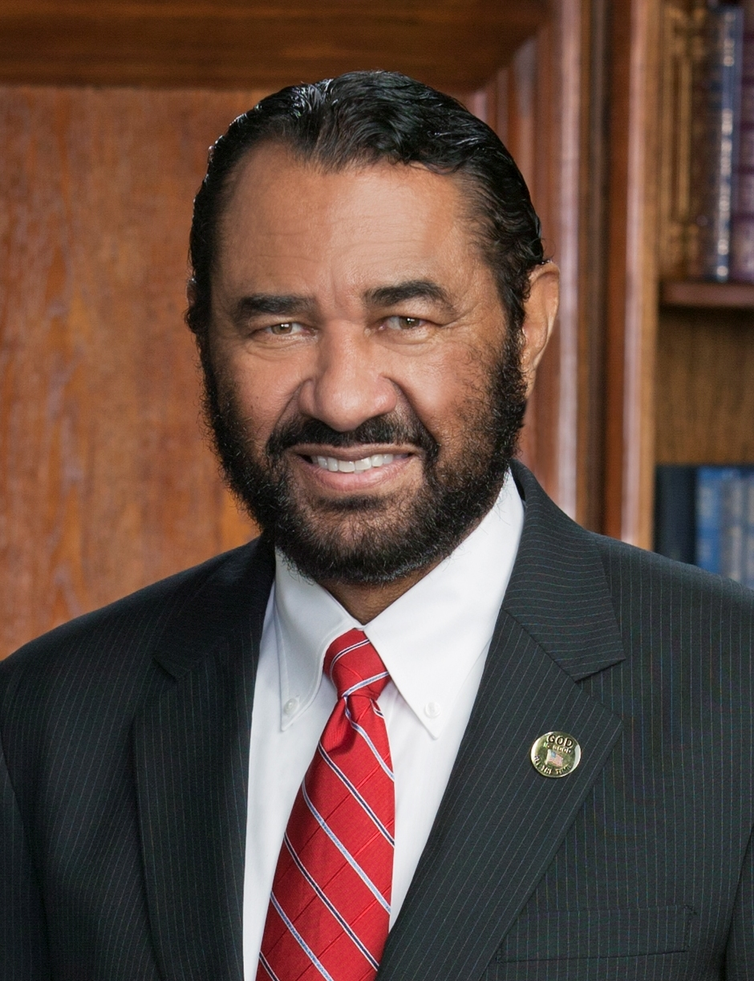
Co-Sponsor
-
TrackRaúl M. Grijalva
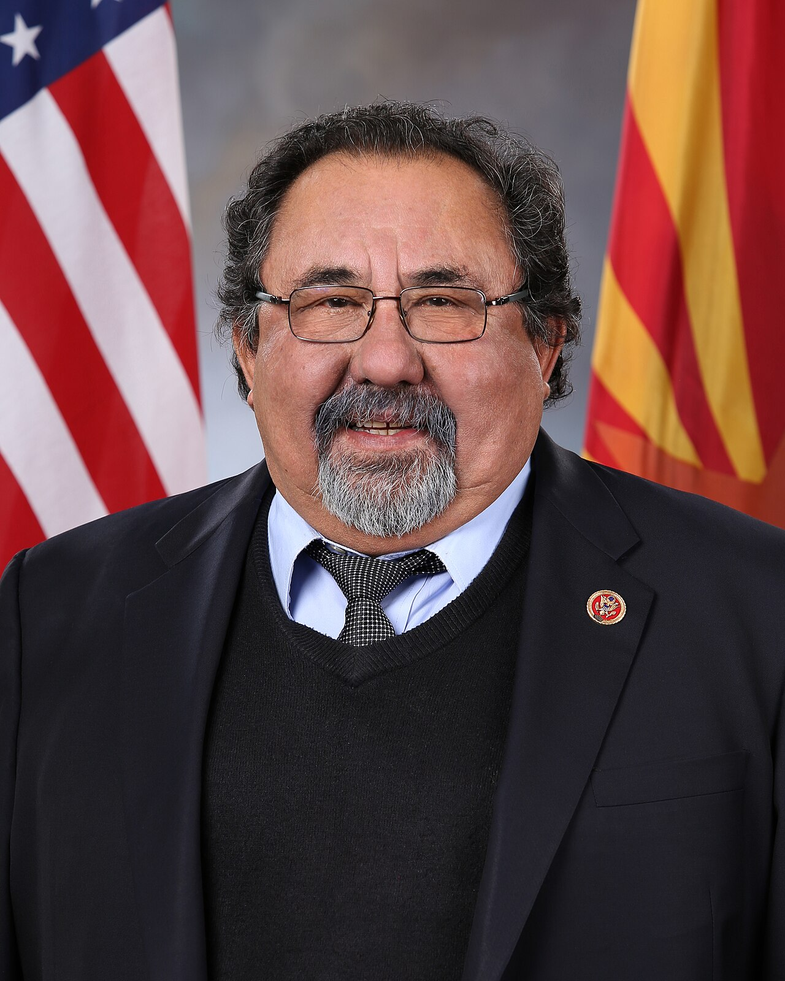
Co-Sponsor
-
TrackJonathan L. Jackson

Co-Sponsor
-
TrackPramila Jayapal

Co-Sponsor
-
TrackSydney Kamlager-Dove

Co-Sponsor
-
TrackRo Khanna

Co-Sponsor
-
TrackSusie Lee

Co-Sponsor
-
TrackMike Levin

Co-Sponsor
-
TrackTed Lieu
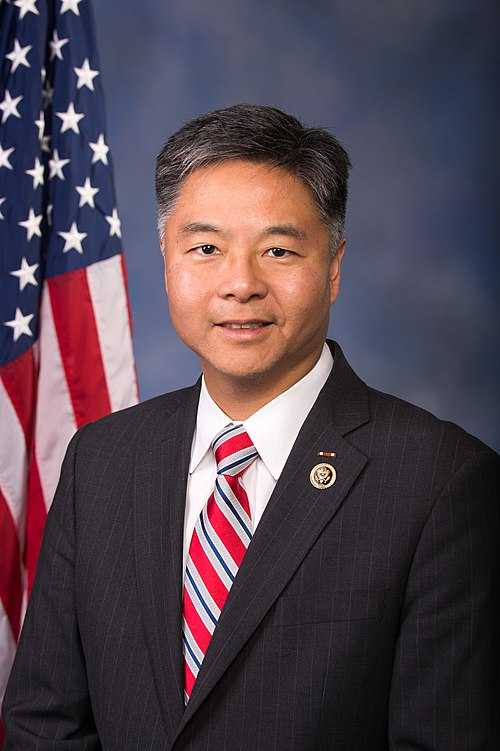
Co-Sponsor
-
TrackZoe Lofgren
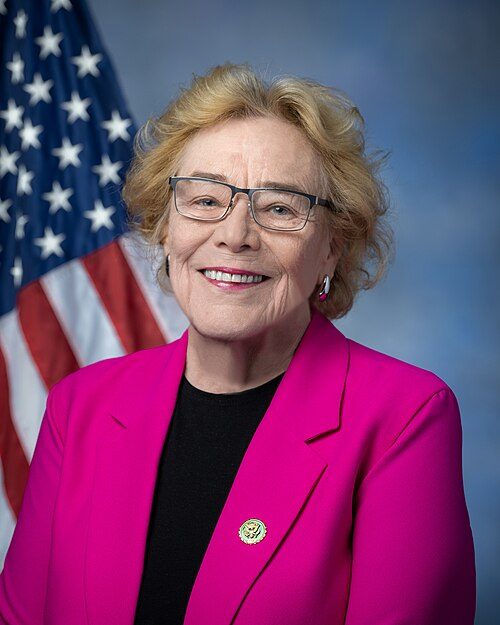
Co-Sponsor
-
TrackSeth Magaziner

Co-Sponsor
-
TrackSarah McBride

Co-Sponsor
-
TrackJames P. McGovern

Co-Sponsor
-
TrackDave Min
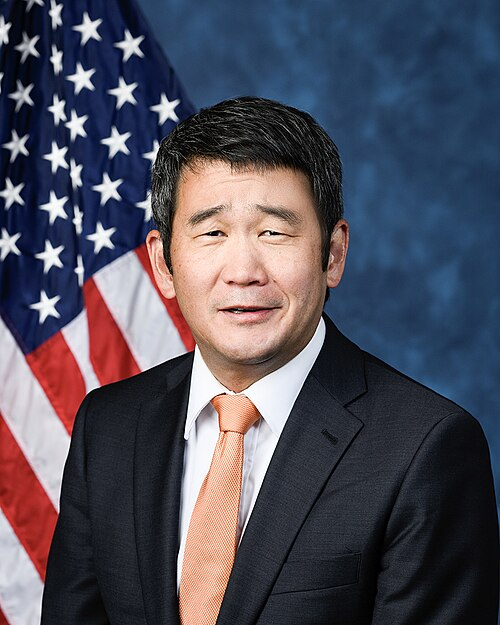
Co-Sponsor
-
TrackJames C. Moylan
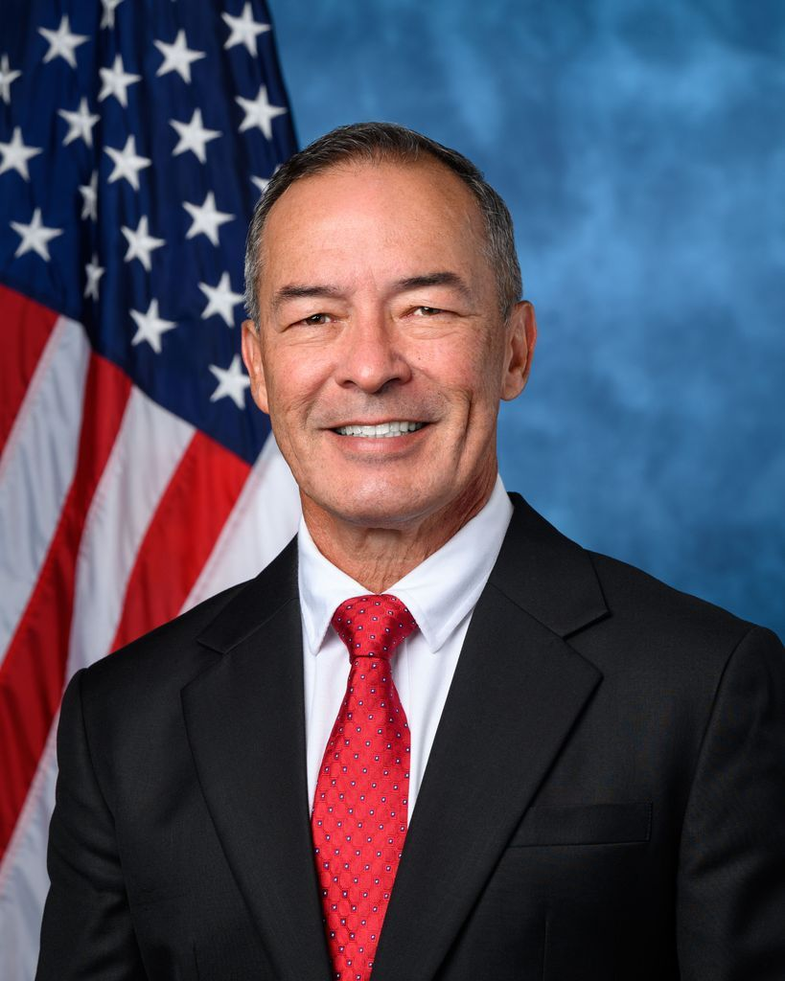
Co-Sponsor
-
TrackEleanor Holmes Norton

Co-Sponsor
-
TrackIlhan Omar

Co-Sponsor
-
TrackChellie Pingree

Co-Sponsor
-
TrackDelia C. Ramirez

Co-Sponsor
-
TrackJanice D. Schakowsky

Co-Sponsor
-
TrackTerri A. Sewell

Co-Sponsor
-
TrackMarilyn Strickland
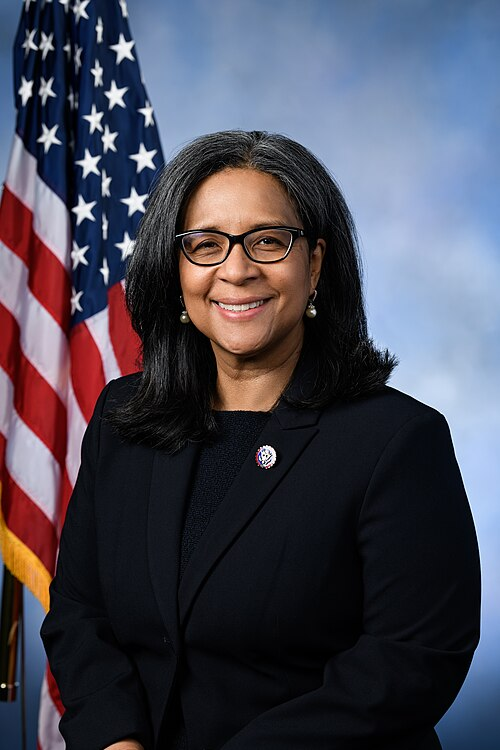
Co-Sponsor
-
TrackThomas R. Suozzi

Co-Sponsor
-
TrackMark Takano
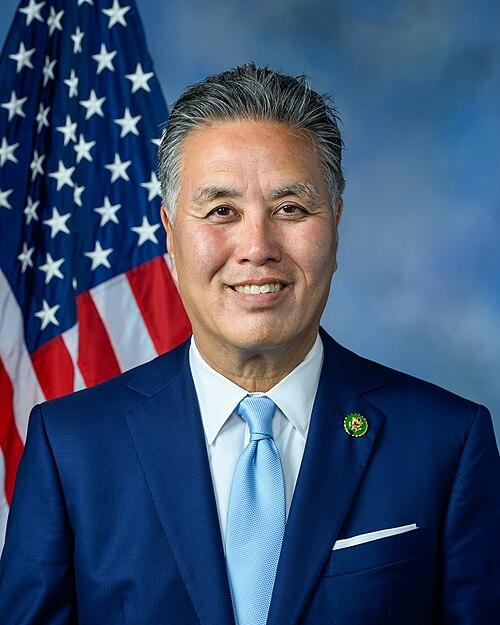
Co-Sponsor
-
TrackDina Titus

Co-Sponsor
-
TrackRashida Tlaib
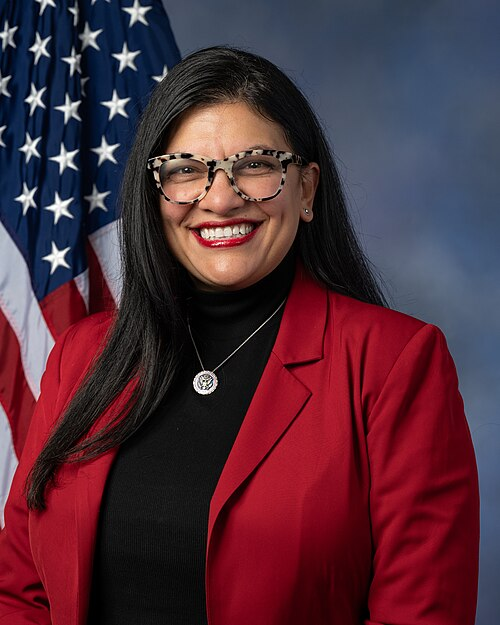
Co-Sponsor
-
TrackPaul Tonko
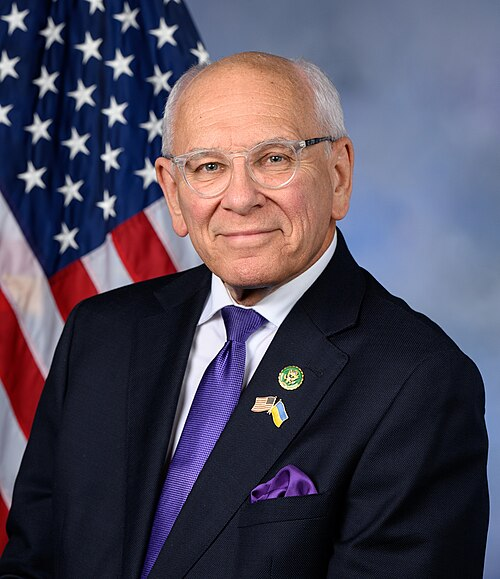
Co-Sponsor
-
TrackDerek Tran
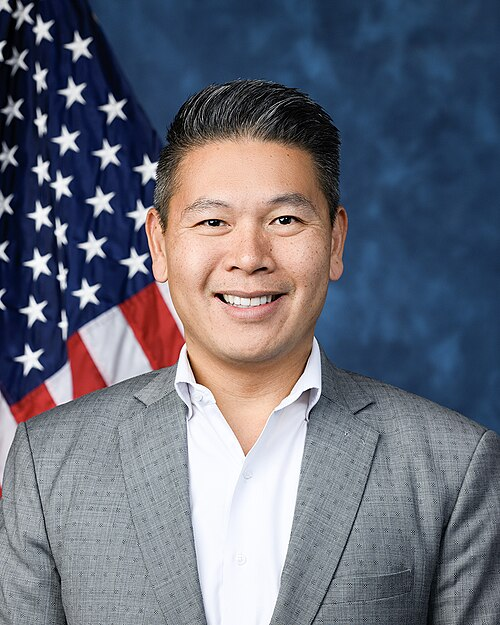
Co-Sponsor
-
TrackJuan Vargas
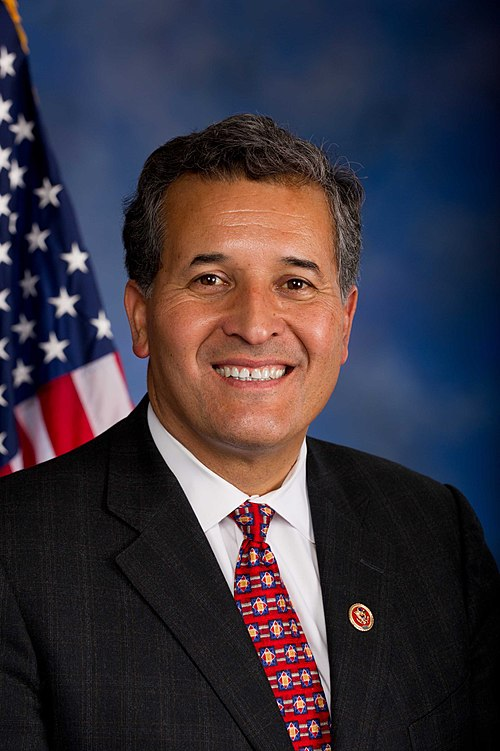
Co-Sponsor
-
TrackMaxine Waters

Co-Sponsor
Actions
2 actions
| Date | Action |
|---|---|
| Mar. 04, 2025 | Introduced in House |
| Mar. 04, 2025 | Referred to the House Committee on Foreign Affairs. |
Corporate Lobbying
0 companies lobbying
None found.
* Note that there can be significant delays in lobbying disclosures, and our data may be incomplete.

















